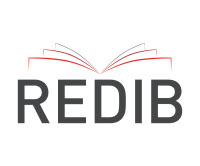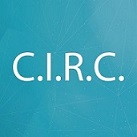Discursos de graduandos surdos sobre o ensino de Português em tempos de pandemia: uma análise sistêmico-funcional
DOI:
https://doi.org/10.21680/1517-7874.2022v24n2ID29980Resumen
O processo de ensino e aprendizagem de Língua Portuguesa para surdos sempre foi alvo de profundas discussões. Com a oficialização da pandemia da COVID-19, em março de 2020, inúmeras transformações socioeconômicas e educacionais aconteceram no Brasil. Em decorrência do rápido contágio da doença, um distanciamento social foi imposto, provocando a mudança do ensino presencial para a modalidade remota. Este estudo objetivou analisar os discursos de discentes surdos do ensino superior sobre o ensino de Língua Portuguesa como Segunda Língua e as práticas docentes utilizadas nesse processo, utilizando os aportes teórico-metodológicos da Linguística Sistêmico-Funcional, desenvolvida por Halliday (1994), das legislações referentes à Educação de Surdos e das reflexões de Barbara e Macêdo (2010), Pereira (2014) e Fernandes (2008). A coleta de dados se deu pela análise das respostas de graduandos surdos do Brasil a um questionário bilíngue, encaminhado virtualmente. Trata-se de uma pesquisa descritiva, realizada sem o auxílio de softwares específicos do campo linguístico, sob a natureza quantiqualitativa, considerando a metafunção ideacional da teoria-base do estudo, reconhecendo três representações distintas sobre o ensino e aprendizagem da Língua Portuguesa como Segunda Língua para surdos. Concluiu-se que as práticas didático-metodológicas realizadas na educação de surdos continuaram a desconsiderar cultura, identidades e especificidades linguísticas desses sujeitos.
Descargas
Descargas
Publicado
Cómo citar
Número
Sección
Licencia
Derechos de autor 2023 Revista do GELNE

Esta obra está bajo una licencia internacional Creative Commons Atribución-NoComercial-CompartirIgual 4.0.

Este trabalho foi licenciado com uma Licença Creative Commons - Atribuição - NãoComercial - CompartilhaIgual 3.0 Não Adaptada.
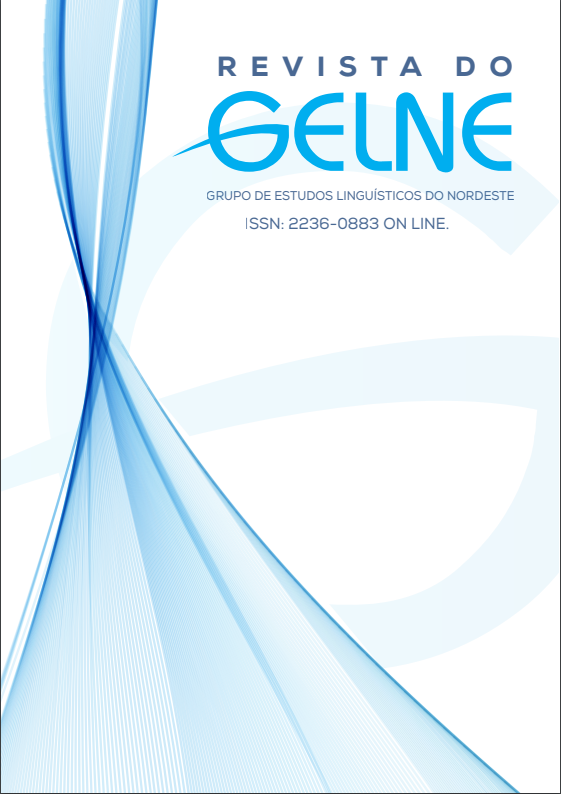
 Português (Brasil)
Português (Brasil) English
English Español (España)
Español (España)






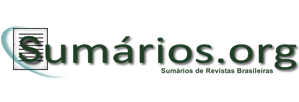

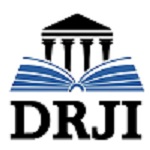
.jpg)
